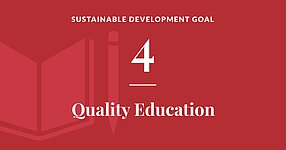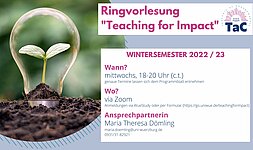Global Education
Global education plays a crucial role in today’s EFL classrooms, offering students a unique and comprehensive learning experience that extends beyond linguistic proficiency. Focusing on global topics equips students with the skills necessary to engage in international dialogue and collaboration. It goes beyond pure acquisition of vocabulary and grammar teaching, emphasising the development of critical thinking, problem-solving, and cross-cultural communication skills. In an interconnected world where borders are increasingly porous and communication spans continents, fostering global awareness is essential for preparing students to navigate the complexities of our globalised society.
One of the primary benefits of global education in the language classroom is the cultivation of cultural competence. Language and culture are intricately intertwined, and a deep understanding of both is essential for effective communication. By exposing students to diverse cultural perspectives, customs, and traditions, global education enriches their language learning experience in terms of inter- and transcultural learning, making it more authentic and meaningful.
In consequence, global education in the EFL classroom promotes empathy and open-mindedness. Students not only gain insights into the lives of people from different corners of the world, they also learn to foster a sense of shared humanity and how to deal with challenging stereotypes. This exposure to diverse perspectives helps break down cultural barriers, encouraging students to approach an open-minded communication.
In an era marked by global challenges, such as pandemics, climate change, and economic disparities, this ability to empathise and collaborate across borders is more important than ever.
Moreover, global education fosters a sense of global citizenship. Students learn to appreciate the interconnectedness of global issues and the role they can play in addressing them. This awareness empowers them to become informed and responsible global citizens who are capable of contributing positively to the world. By incorporating global learning, teachers can enhance the development of young people who have a broad global awareness and are ready to face the challenges of the 21st century.








